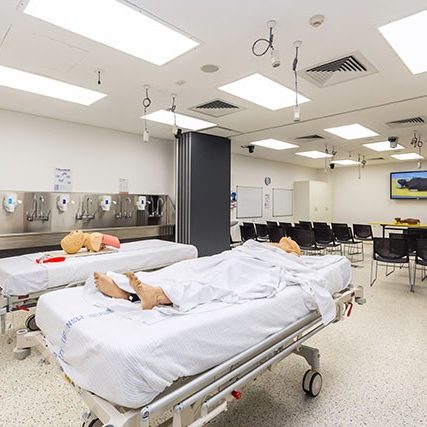Surgery & devices

Using big data to improve surgical procedures and outcomes
More than two million surgical procedures are performed annually in Australia. Many of these involve use of medical devices such as implants and prostheses.
Around 50,000 hip replacement and 60,000 knee replacement surgeries are performed each year in Australia. More than 17,000 cardiac pacemakers are implanted every year.
Our research in surgery and devices uses multiple sources of big data, including hospital, Medicare and pharmaceutical records to tackle questions including:
What are the comparative long-term outcomes of open surgical versus minimally invasive heart valve replacement?
What are the comparative long-term outcomes of open surgical versus endovascular repair of abdominal aortic aneurysms?
How common are infections following joint replacement procedures?
Do outcomes of hip replacement vary according to the surgical approach used?
What are the trends in surgery for back pain, and how do these vary according to source of funding?


